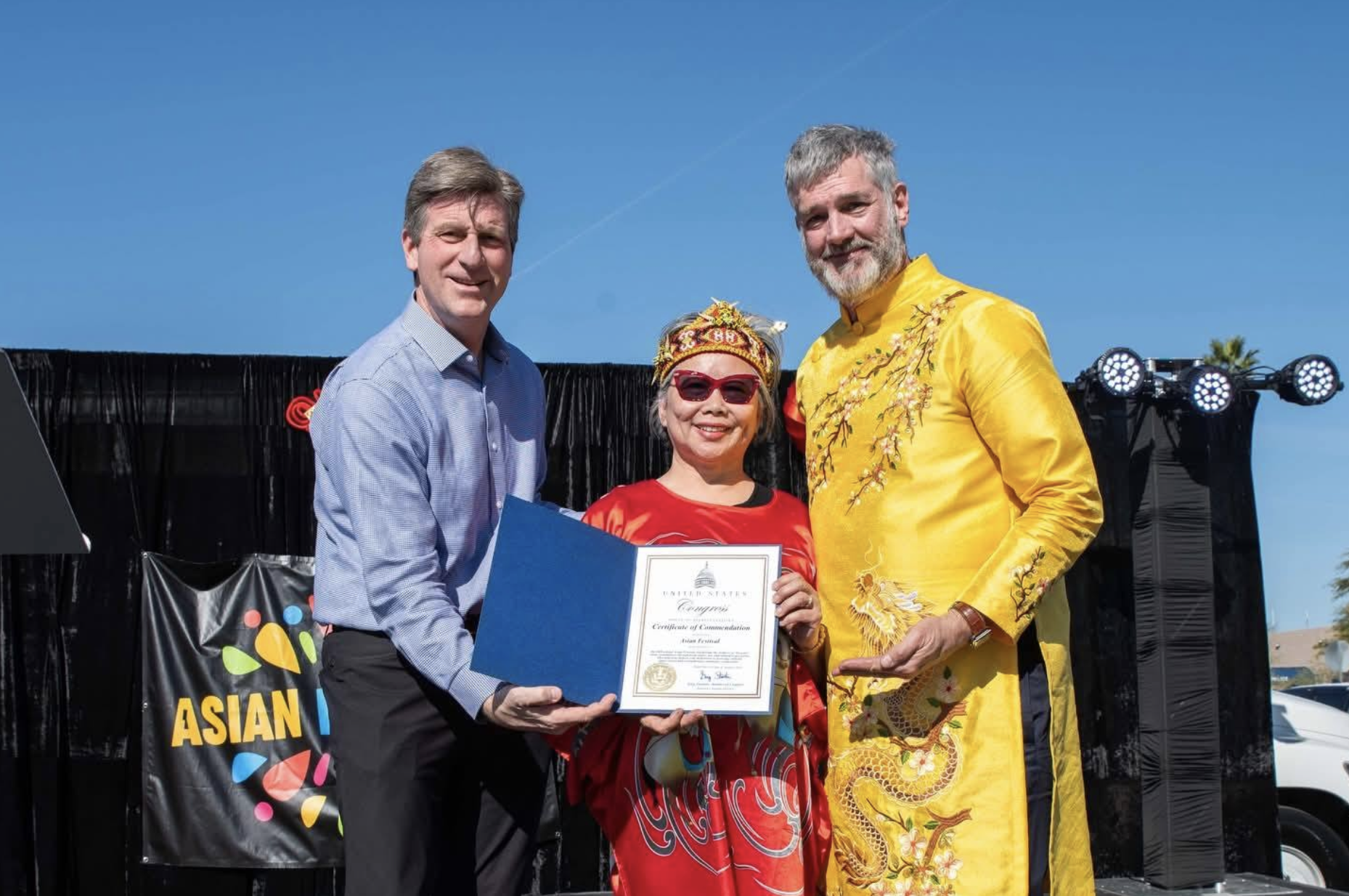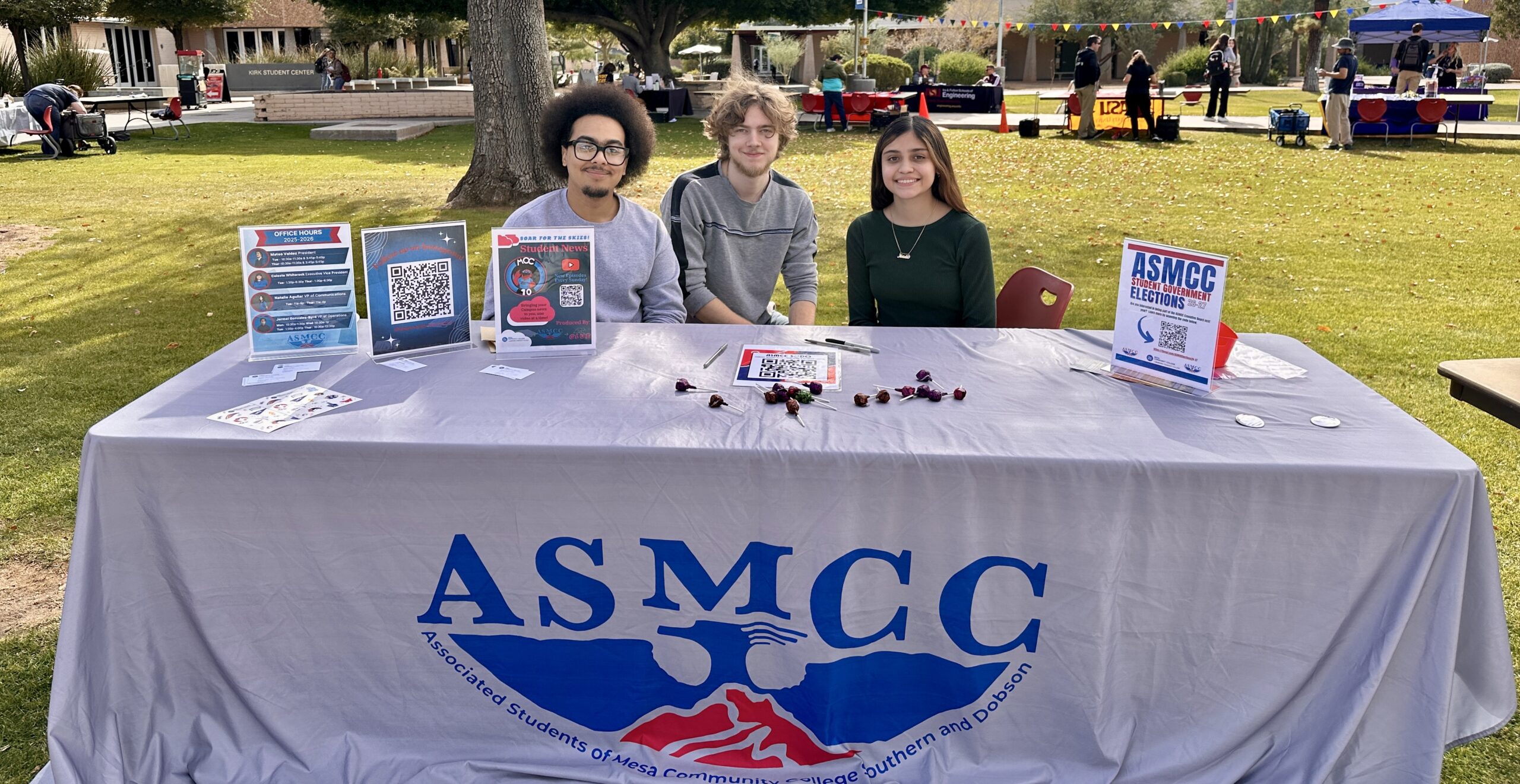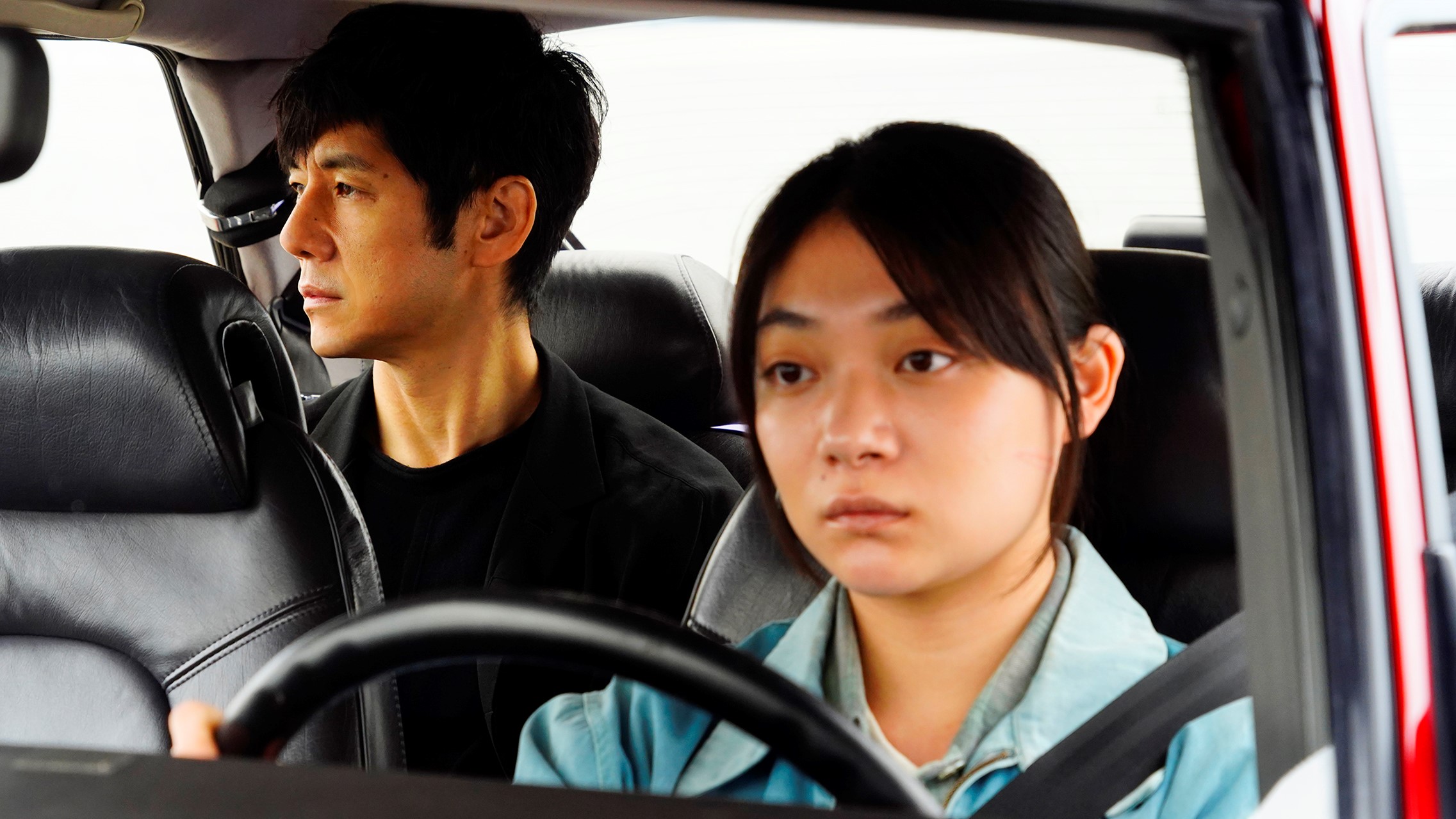”Drive My Car” movie review
The buzz around the Japanese film “Drive My Car” may be overhyped as it is a
long and depressing journey of loss, grief, and guilt. It has recently been nominated for
Best Picture, Best Director, Best International Film, and Best Adapted Screenplay at the
upcoming 94th Annual Academy Awards. Spoilers are ahead.
Stage actor Yûsuke Kafuku, played by Japanese actor Hidetoshi Nishijima, takes
up a directing gig to avoid facing the grief over the loss of his family but has his sacred
routine of remembering lines interrupted by a young chauffeur.
The film starts off with Oto, Yûsuke’s wife played by Reika Kirishima, telling a
story of a high school girl who has an obsession with a boy and sneaks into his room to
take unmissable tokens. It’s a ritual they share. They have sex and Oto, a television
scriptwriter, comes up with her next big idea for a show.
One day Yûsuke catches Oto having sex with a young actor in their apartment.
He leaves and pretends it never happened. After this incident, she tells Yûsuke that she
needs to talk to him, possibly come clean about the affair, but before they can talk she
suddenly dies.
Two years later, Kafuku moves up to Hiroshima to be the stage director of a
multilingual production of Chekov’s “Uncle Vanya” in a theater festival. The festival
company assigns him a driver to drive him to and from rehearsals and his hotel which is
an hour away.
However, this request impedes his ritual of remembering his lines to “Uncle
Vanya.” He has been listening to the cassette tape with the lines for years because the
voice on the tape belongs to his dead wife who used to help him memorize his lines for
the multilingual plays he would perform in.
The driver assigned to Kafuku, Misaki played by Miura Toko, is a young
introverted woman who sports a baseball cap. Impressed by her talent of driving his
beloved red Saab with care and ease, he finally trusts her as his driver after a test drive.
Eventually, he accepts her into the personal space of his car and allows her to listen to
him go over the lines he so meticulously already knows.
After a vigorous casting process, and many impressive auditions, the production
of “Uncle Vanya” continues. The multinational cast all speak different languages:
Japanese, Korean, English, and Korean Sign Language just to name a few. The one
cast as Uncle Vanya is a problematic hot young actor named Koji, played by Okada
Masaki. He also is the man Kafuku had caught his wife sleeping with right before her
death.
Kafuku feels guilty over knowing about Oto’s double life and extramarital affairs
while she was alive and not confronting her about it, which ultimately leads him to blame
himself for her death. He blames himself for diving into his work instead of being
present after his child died and then again when his wife died.
Misaki and Kafuku find commonalities between each other and develop a bond
because of their trauma and the ultimate need to work to survive their pain. After
listening to the tape every time she drove him anywhere, she even found an
appreciation for the production and the story of Uncle Vanya. It even seemed to mirror
inKafuku’s situation in some ways.
Despite the troubled relationship with her mother, who taught her how to drive,
Misaki feels guilt over having survived the landslide that killed her mother when she was
eight years old. She opens up to Kafuku that during the landslide she was able to get
out of the house, but she knew her mother was still in there but was too in shock to get
help before the house was fully engulfed.
Koji makes a grave mistake and puts the production on hold because they no
longer have their Uncle Vanya. Kafuku has to decide whether he will play Uncle Vanya
or let them cancel the show they have already put weeks into rehearsing.
“Drive My Car” is a slow burn movie through and through. Its pace is deliberately
slow and steady, which is hard for mainstream American audiences to sit through,
especially when the film has a run time of a minute shy of three hours. There are
unexpected moments, yes but they are far and few between the stagnant storytelling.
For an artsy film, it’s intriguing and emotionally complex, but its slow-burn pace
makes it hard to sit through. The subject matter is depressing, but it is meant to be. The
main themes are about grief, especially survivor’s guilt.
Misaki experiences guilt from when her abusive mother died in a landslide when
she was a child. Koji wishes he could connect with Oto one last time. Kafuku regrets
avoiding his wife on the day she died because she was apparently about to come clean
about the cheating.
Although very subtle, the acting was the powerhouse of the film. It gave you
something to be interested in, to keep watching instead of turning it off after a while.
One of the standout characters was a mute actress named Lee Yoon-a, played by Parl
Yu-rim. Her first scene, her character’s audition, was unbelievably captivating.
The chemistry between the uneasy driver and slightly neurotic passenger felt
real, and like a father-daughter relationship instead of a creepy age-gapped couple. The
connection they have by the end of the film is heartwarming and emotional.
The ending leaves it up to the audience’s interpretation, which doesn’t go over
well either with a mainstream audience. The finality of the story isn’t necessarily there,
and we are left wondering what happened to everyone? Mirroring the central story of
not really knowing his dead wife, we are left not knowing either.
While this film may not be appreciated by everyone, this film is a deeply
emotional look at grief and loss. Some are going to agree with the Oscar hype
surrounding the film, and others are not. It’s a long depressing movie but it has amazing
acting and cinematography.
“Drive My Car” is available to stream on HBO Max.










